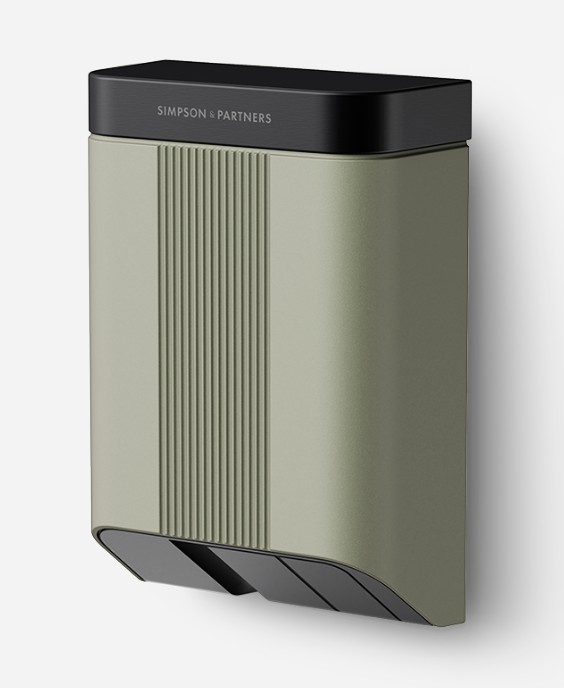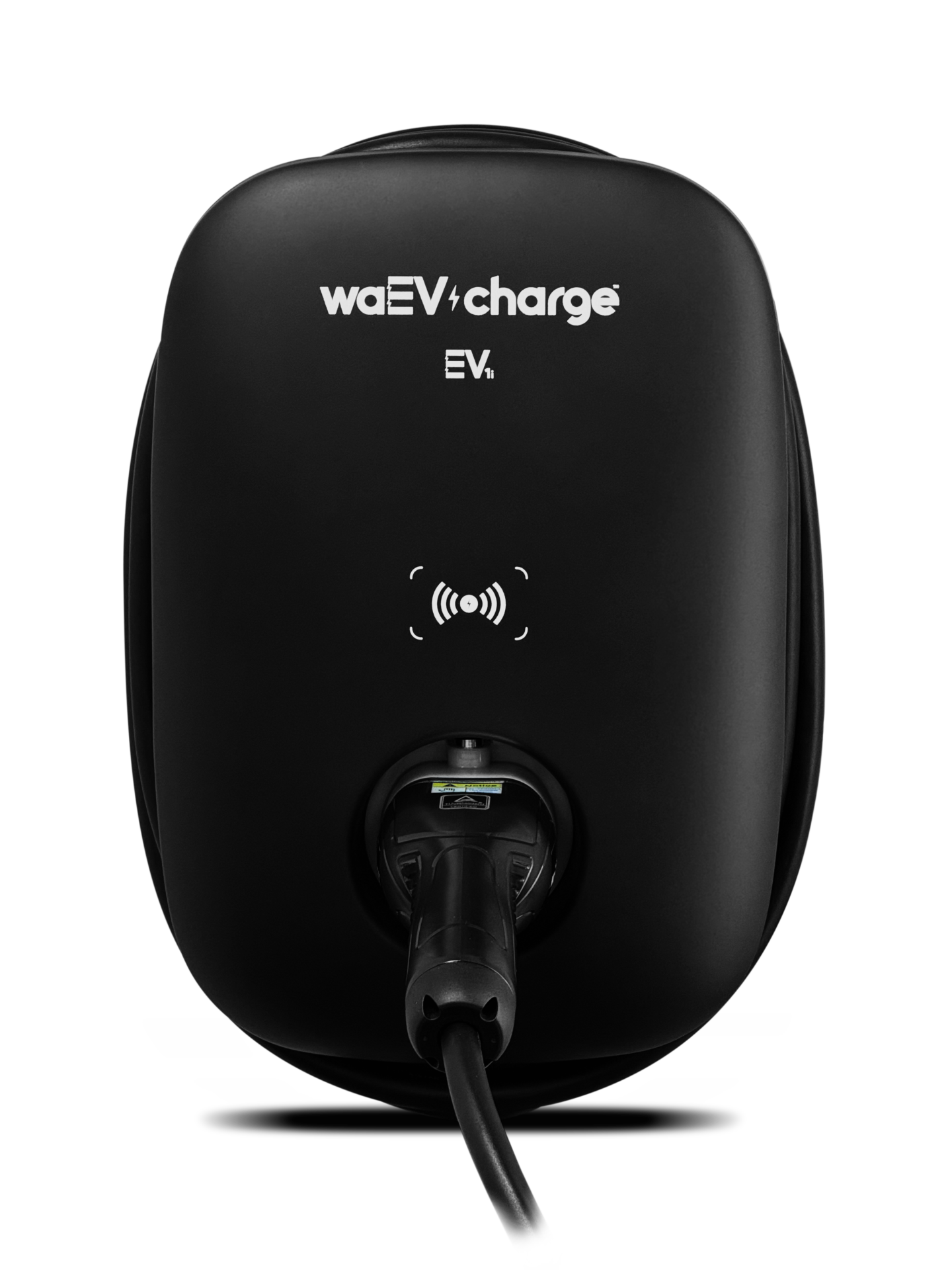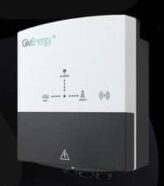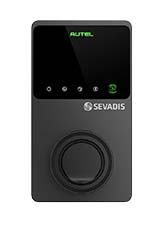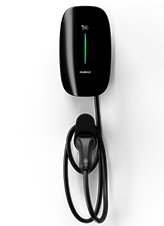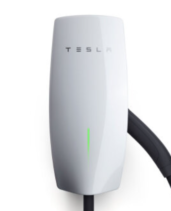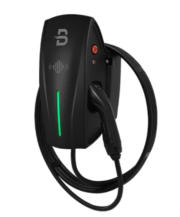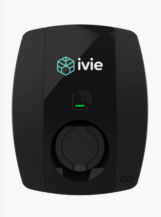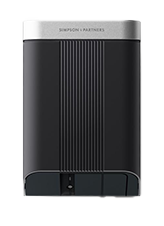A number of wallcharging companies will be pains to point out that their chargers have ‘solar integration’, then others might refer to ‘solar compatibility’, which does the beg the question: what’s the difference?
So, let’s try to navigate this particular minefield.
Solar compatible chargers
When charging the car, the charger will charge at the normal speed of 7kW. This comprises power from the grid and solar power if it’s available. For example, that 7kW could be 4kW grid + 3kW solar. So, essentially, your car will charge using the grid whenever you decide to charge it and, if you have solar panels, some of that solar panel energy will be used to charge your car as well but it is important to not that there’s no ‘control’ over it.
Solar integrated charger
This functionality is a little more sophisticated and it’s worth noting the difference when you see a charger has solar integration. Essentially, ‘integrated’ chargers offer smarter solar features. With solar integrated chargers you can set the car to ‘solar-only mode’ whereby the charger will only charge using the solar power from your panels (so no power from the grid). The downside is that speed will fluctuate but, importantly, no power will be coming from the grid, and that’s a key feature if you are trying to achieve what is known as ‘energy independence (we will cover this subject in other WWC Explainers). Similarly, you can have it set to a scheduled charge overnight as normal, but it will charge outside of the schedule if solar power is available. All this gives you much more control and it is much more flexible in the respect that this functionality is doing its utmost to deliver solar power, even at the expense of charging speed.

